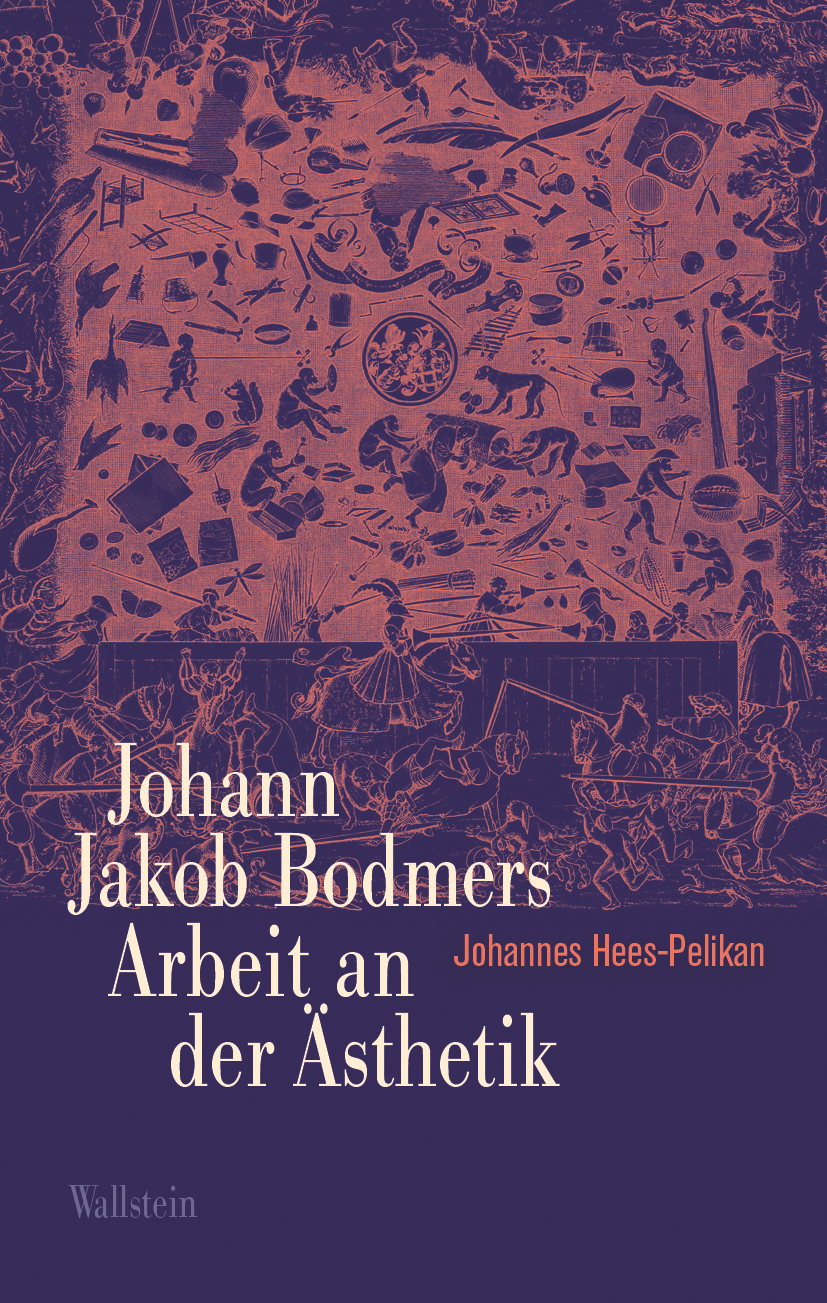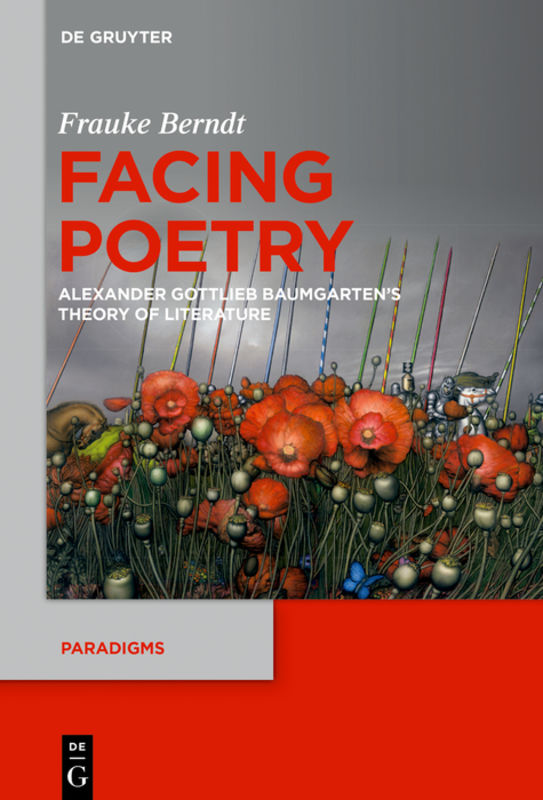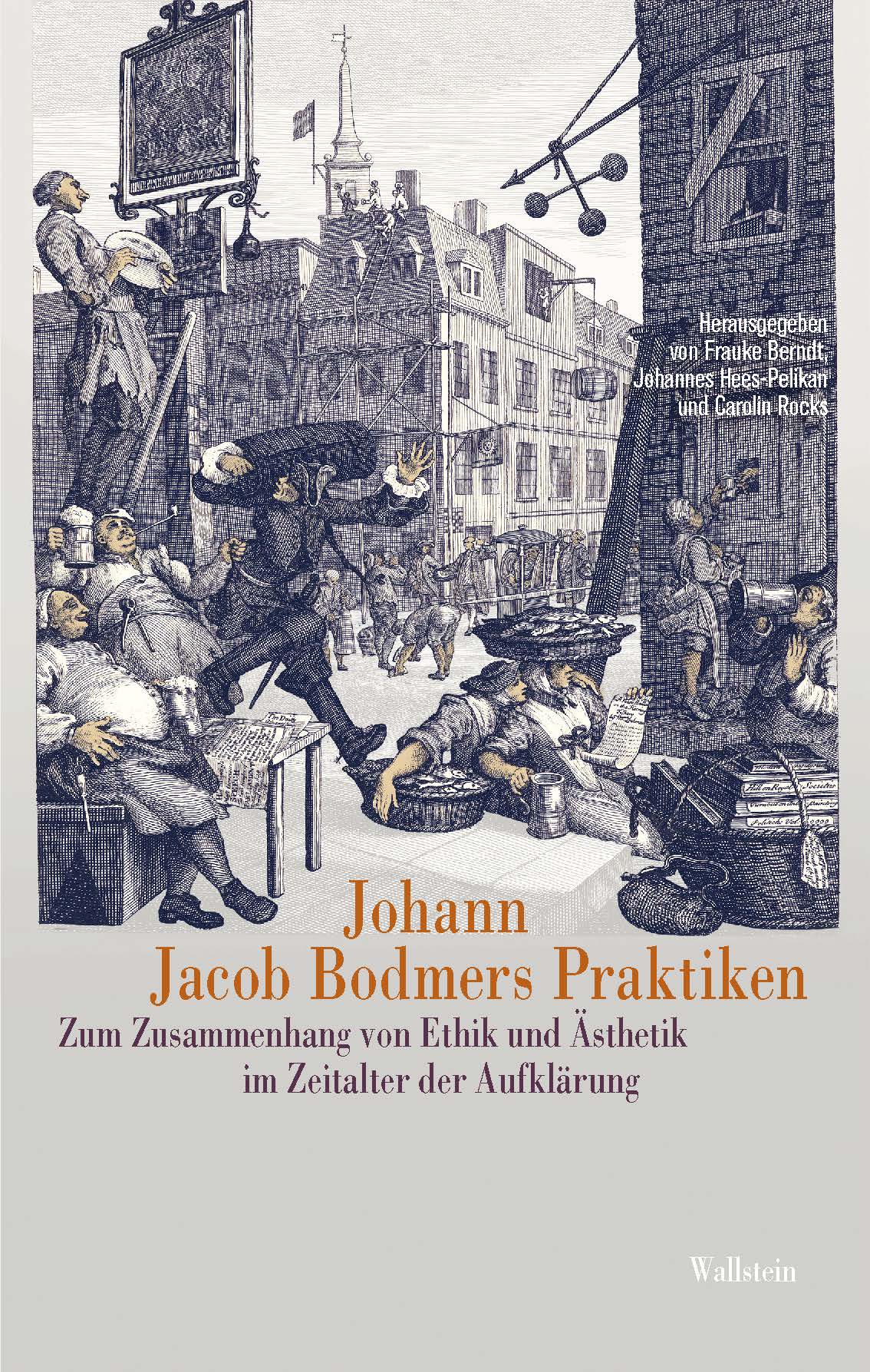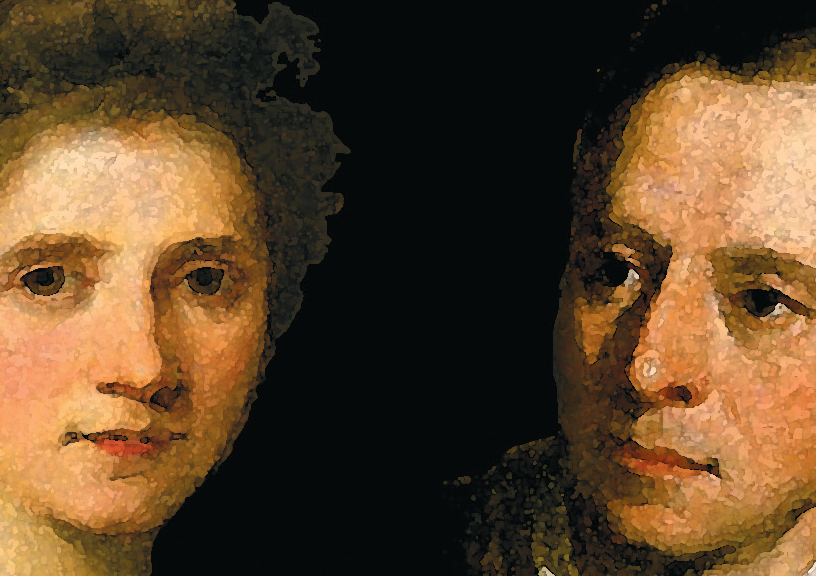ETHOS: Ethical Practices in Aesthetic Theories of the 18th Century
The research project ETHOS. Ethical Practices in Aesthetic Theories of the 18th Century aims to reconstruct the historical roots of the alliance between ethics and aesthetics in the 18th Century in order to emphasize a neglected trajectory in the history of aesthetic theory.
The research project understands itself as a contribution to the discipline of intellectual history. It focuses on the complex connection between ethics and aesthetics as it is unfolded by German aesthetics between 1720 and 1800. In the 18th century, what is useful, pleasurable, and educating is considered beautiful. Art does not exist simply for its own sake, but it is embedded in a social context in which it fulfills certain functions. Making use of the methodological foundation of praxeology, the research project examines the function of those instructions in aesthetic theories which are defined as ethical practices. These practices can be divided into three groups which emphasize different aspects: a ‘good’ life, a ‘good’ representation, and a ‘good’ sensuality. On the one hand, the central ethical practices shall be identified and analyzed systematically through selected sources. On the other hand, the ethical practices in the aesthetic writings of the Swiss critic Johann Jacob Bodmer (1698–1783) shall serve as an exemplary object of examination.
On this foundation, a neglected trajectory in the history of aesthetic theory shall be reconstructed, a trajectory which ascribes an importance to practices which they will reclaim only in the 21st century when the moral and political responsibility of art is reevaluated in aesthetic theories. What is at stake with the research project’s intention to do pioneer work in the field of heteronormative aesthetics, is—to phrase it with a certain pathos—an aesthetic theory that aims not at art but at life.







